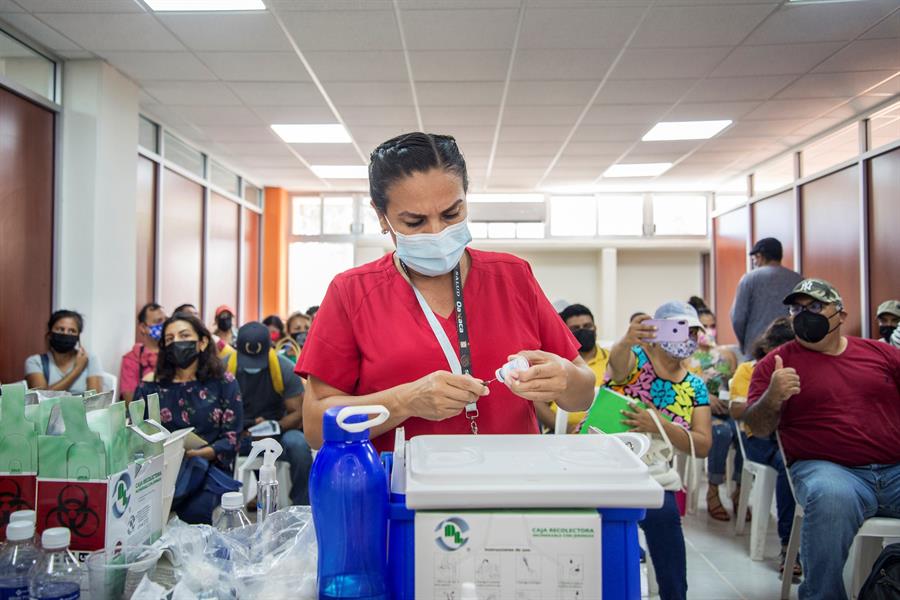The COVAX platform, created at the beginning of the pandemic to address inequalities in access to vaccines, has delivered supplies that have exceeded 1,000 million doses with a shipment that Rwanda sent this Saturday.
The World Health Organization (WHO), at the forefront with other international organizations in this initiative, recalled that COVAX has become the most important operation in history in terms of the purchase and distribution of vaccines, but also recognized that this does not it has been enough because great inequalities persist between rich and poor countries in terms of access to these vital supplies to contain covid-19.
Of the 194 member states of the WHO, 36 (all in the category of least developed countries) have vaccinated less than 10% of their population and 88 less than 40%, while rich countries have been vaccinating for weeks with the third dose and some speak of the fourth.
In a year of immunization against covid-19, 9.3 billion doses have been administered, while the annual production capacity rises to some 12 billion doses, a good percentage of which have been bought and stored by rich countries.
In addition to low bargaining power with pharmaceutical companies, many poor countries face structural logistical problems in launching effective national vaccination campaigns. Obstacles range from poor road infrastructure to a lack of equipment to keep vaccines at very low temperatures.
The WHO said COVAX is working with governments and manufacturers to ensure that when countries receive the vaccines, they can quickly reach people.



















































































